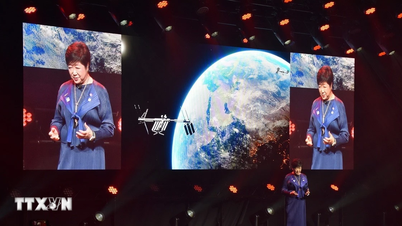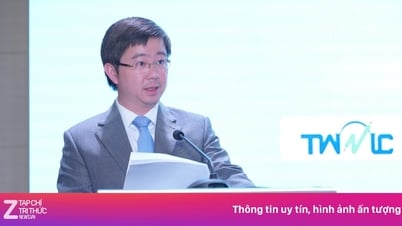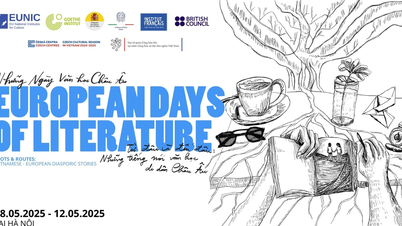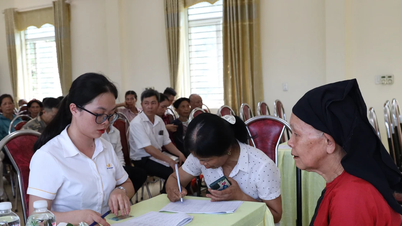Next-generation DNA sequencing (NGS) technology — a key tool in developing personalized medicine, diagnosing cancer, and monitoring infectious diseases — is at risk of being exploited by hackers, according to a new study published in IEEE Access.
The study, led by Dr Nasreen Anjum from the Department of Computer Science, University of Portsmouth (UK), is the first to comprehensively assess cyber-biological security threats across the entire NGS process.
This process involves multiple complex and interdependent steps, from sample preparation, sequencing to data analysis and interpretation, each using interconnected, specialized equipment, technology and software.
While these steps are essential to produce accurate results, they also create many vulnerabilities that can be exploited.
Many DNA datasets are publicly available online, which could create opportunities for cybercriminals to misuse the information for purposes of surveillance, manipulation, or malicious experimentation.
The team identified new methods that hackers could use to attack systems, such as malware encoded in synthetic DNA, artificial intelligence-based manipulation of genome data, and identity re-identification techniques. These threats go beyond the scope of conventional data breaches, posing risks to personal privacy, scientific integrity, and national security.
“Genomic data is one of the most sensitive forms of personal data. If compromised, the consequences are much more serious than a typical data breach,” stressed Dr. Mahreen-Ul-Hassan, a microbiologist and co-author from Shaheed Benazir Bhutto Women’s University.
The study proposes practical solutions such as building secure sequencing workflows, encrypted storage, and anomaly detection using artificial intelligence.
The authors call for interdisciplinary collaboration between computer science, bioinformatics, biotechnology and cybersecurity experts – fields that rarely work together but need to work closely together to protect DNA data in the future.
The research was funded by the British Council UK-Saudi Challenge Fund and a Research Excellence Grant from the University of Portsmouth./.
Source: https://www.vietnamplus.vn/chuyen-gia-anh-canh-bao-nguy-co-tin-tac-tan-cong-du-lieu-dna-post1033255.vnp



![[Photo] National Assembly Chairman Tran Thanh Man chairs the meeting of the Subcommittee on Documents of the First National Assembly Party Congress](https://vphoto.vietnam.vn/thumb/1200x675/vietnam/resource/IMAGE/2025/5/8/72b19a73d94a4affab411fd8c87f4f8d)
![[Photo] President Luong Cuong presents the decision to appoint Deputy Head of the Office of the President](https://vphoto.vietnam.vn/thumb/1200x675/vietnam/resource/IMAGE/2025/5/8/501f8ee192f3476ab9f7579c57b423ad)


![[Photo] General Secretary concludes visit to Azerbaijan, departs for visit to Russian Federation](https://vphoto.vietnam.vn/thumb/1200x675/vietnam/resource/IMAGE/2025/5/8/7a135ad280314b66917ad278ce0e26fa)
















![[Photo] General Secretary To Lam receives leaders of typical Azerbaijani businesses](https://vphoto.vietnam.vn/thumb/1200x675/vietnam/resource/IMAGE/2025/5/8/998af6f177a044b4be0bfbc4858c7fd9)































![[Photo] Prime Minister Pham Minh Chinh talks on the phone with Singaporean Prime Minister Lawrence Wong](https://vphoto.vietnam.vn/thumb/402x226/vietnam/resource/IMAGE/2025/5/8/e2eab082d9bc4fc4a360b28fa0ab94de)

































Comment (0)